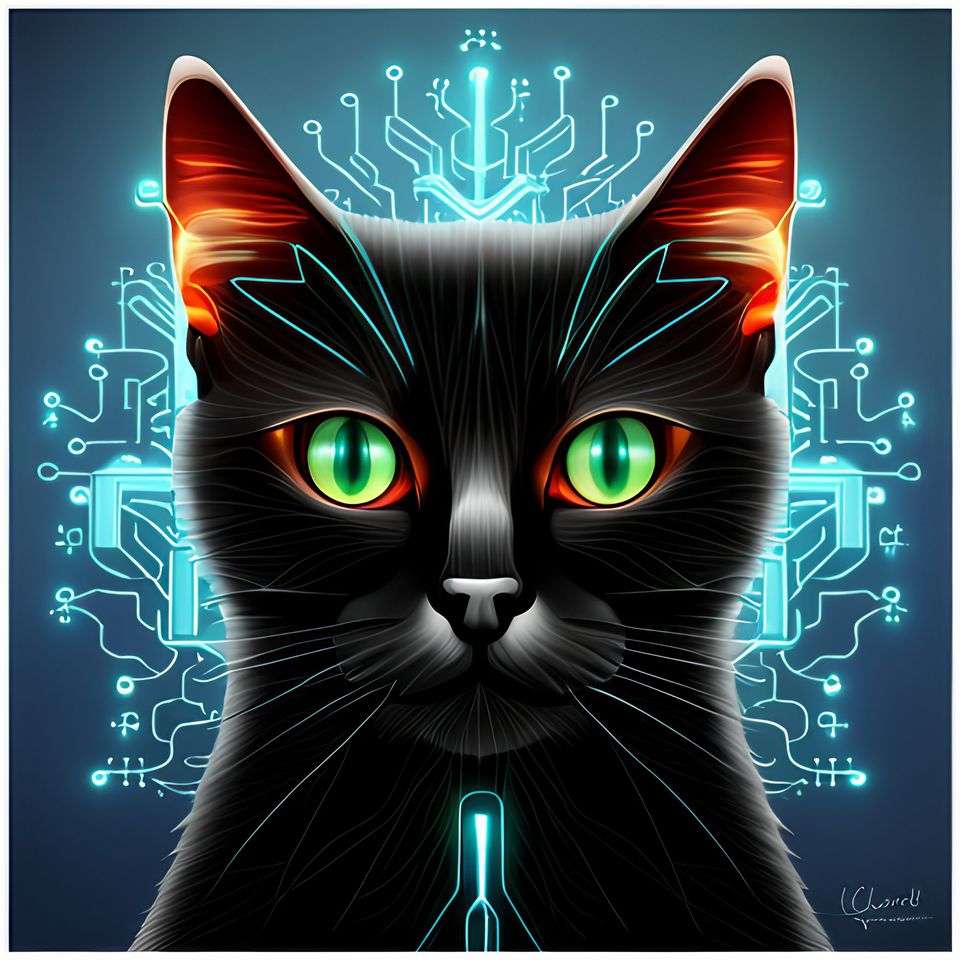The GitHub Revolution: Advancing AI Through Collaborative Innovation

Imagine GitHub as a massive online playground where software developers come together to build and improve software. By providing an accessible platform for sharing and collaboration, AI researchers are able to work together and push the boundaries of what can be achieved with AI.
One example is Google's publicly available TensorFlow project, which was one of the first major open-source AI projects to be hosted on GitHub. This project has enabled developers around the world to collaborate and contribute to its development, resulting in a much faster rate of progress compared to traditional methods.

GitHub also provides a central place for developers to share their work and keep up-to-date on the latest advancements in AI technology. The site's vast library of open-source projects, documentation and tutorials provide an invaluable resource for those looking to learn more about AI or develop their own projects.
In addition, GitHub has been instrumental in facilitating the development of many AI applications. Through its platform, developers can collaborate on code bases quickly and efficiently, allowing them to build complex algorithms and applications in a fraction of the time.
As the world's largest platform for collaborative software development, GitHub boasts over 100 million users, becoming a cornerstone of the global programming community.
GitHub fundamentally operates on a system called 'Git', a distributed version control system developed by Linus Torvalds, the creator of Linux. It provides developers the ability to track changes in their code, collaborate seamlessly with other developers, and manage different versions of their software.
The platform's key strength lies in its fostering of open-source research. Open source denotes the sharing and public accessibility of source code, allowing anyone to view, use, modify, and distribute the project's source code. This has precipitated a paradigm shift in the development process, transforming it from a solitary endeavour to a community-driven activity.
Many cutting-edge AI projects, like Google's TensorFlow and Facebook's PyTorch, have been developed and released on GitHub, showcasing their relevance in driving AI. The extensive communities of developers contribute to these projects, refining the code, identifying bugs, and suggesting improvements, expediting the pace of AI innovation. This additional resource aides validity in AI research, a critical factor considering the complex nature of machine learning models. By sharing their code on GitHub, researchers enable others to replicate their experiments and validate their results, promoting transparency and credibility.
GitHub's unique open-source approach democratises programming and drives innovation, particularly in AI research. Furthermore, its collaborative nature makes it an invaluable resource for developers worldwide. The use of GitHub in Artificial Intelligence also extends to the deployment of AI applications into production. There are several open-source tools available on GitHub which allow developers to easily deploy and manage their models in the cloud.




Comments ()